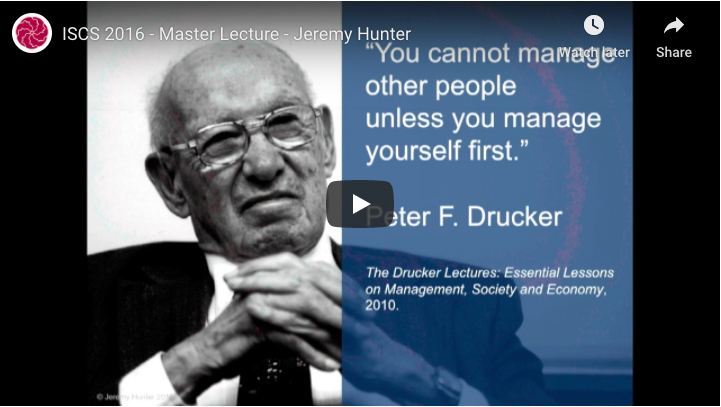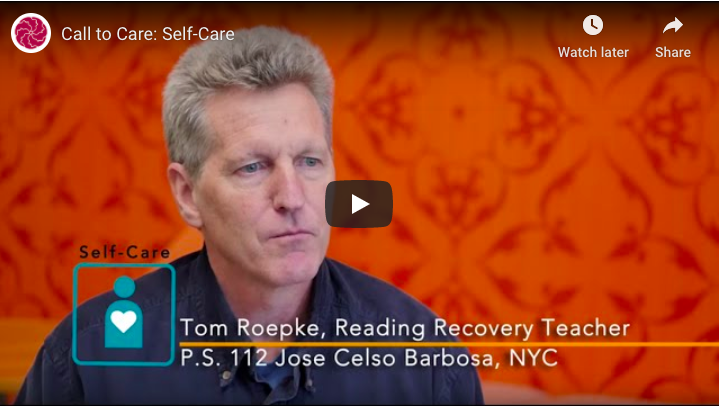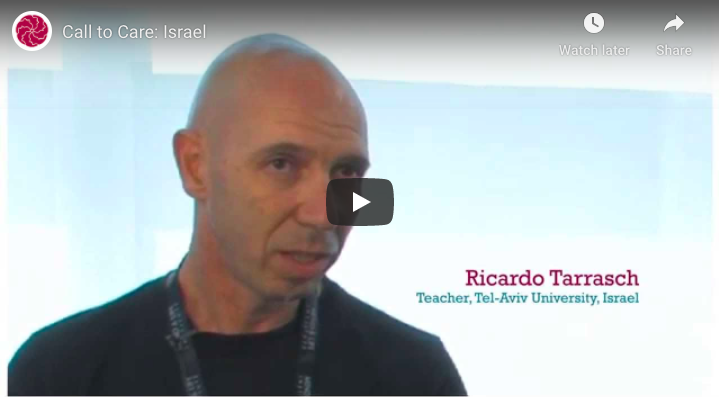The Missing Link of Leadership Development: Cultivating Awareness in Action
Topic Archives:
Call to Care: Self-Care
Call to Care: Receiving Care
Mind–Body Interventions Affect Sleep and Oxytocin in Cancer Survivors
Surviving a cancer diagnosis and the treatment that follows requires overcoming significant emotional and physical hurdles. Even after a patient is cancer-free, he or she often continues to struggle with depression and anxiety from fear of cancer recurrence, and many also suffer from sleep disturbances. These ongoing challenges negatively impact well-being and quality of life, …
Continue reading “Mind–Body Interventions Affect Sleep and Oxytocin in Cancer Survivors”
Call to Care: Israel
Concurrent Session 5 – Yoga in the Public School Setting: Rationale and Research
Children and adolescents are faced with substantial stresses and life challenges that contribute to an increasing burden of mental and physical health conditions and problem behaviors. The existing school curriculum is lacking in instruction that would provide skills of self-regulation, stress management, and emotion regulation. Yoga is a contemplative mind/body practice that combines meditation, mind/body …
Continue reading “Concurrent Session 5 – Yoga in the Public School Setting: Rationale and Research”
Concurrent Session 5 – Mindfulness-Oriented Recovery Enhancement Targets Neurocognitive Mechanisms of Opioid Misuse and Chronic Pain
Prescription opioid misuse among persons with chronic pain is an emerging public health threat of epidemic proportions. We conducted a randomized controlled trial of Mindfulness-Oriented Recovery Enhancement, a multimodal intervention designed to simultaneously target mechanisms underpinning chronic pain and opioid misuse. In this study, a sample of 115 chronic pain patients who were taking long-term …
Concurrent Session 5 – Promoting Mindful Practice for Health Care Professionals: Quality of Care, Quality of Caring and Resilience
Physicians are trained with the explicit mandate of addressing suffering with compassion, yet mainstream medical training and the medical literature are largely silent about how to accomplish this. Through contemplative practice, written and oral narratives, deep listening, appreciative inquiry, and dialogue, our mindful practice programs were designed to enhance clinicians’ self-awareness, self-monitoring, and self-regulation during …
Concurrent Session 5 – Increasing Emotional and Cognitive Regulation Among Highly Vulnerable Youth: Advancing the Science of Mindfulness Training
Mindfulness training for youth is growing tremendously across the nation; however, few studies rigorously assess its effects. Studies that employ mindfulness training have shown promise in increasing emotional and cognitive regulation among youth, including those who are highly vulnerable. Rigorous controlled trials are vital for increasing our understanding of the efficacy of mindfulness-based interventions for …
Concurrent Session 3 – Does Mindfulness Meditation Employ Distinct Brain Mechanisms From Placebo-Related Analgesia?
Growing evidence reveals that mindfulness meditation significantly reduces pain responses in experimental and clinical settings. Recent neurobiological findings confirm that the cognitive state of mindfulness significantly modifies sensory, cognitive, and affective dimensions of nociceptive processing. However, there are likely nonspecific effects associated with mindfulness meditation-related pain relief that are also consistent with placebo-related responses. For …





